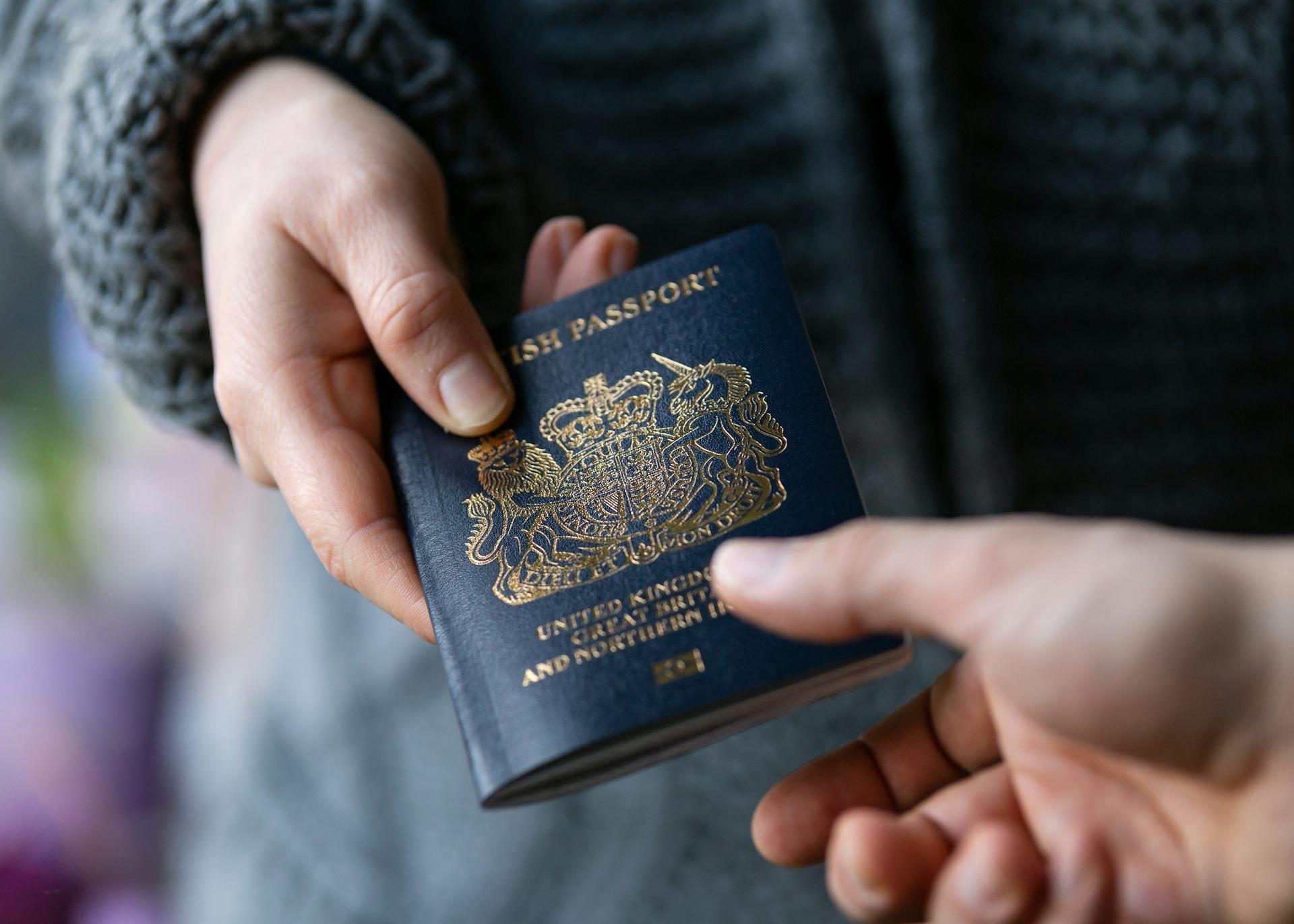Labour's Plan For Migrants To 'Earn' Permanent Residency Turns Belonging Into An Endless Exam
ILR is the immigration status that grants non-citizens the right to live and work in the UK without time restrictions. For many, it is the final step before naturalisation as a British citizen.
Mahmood said that the government will soon consult on changes to ILR eligibility:“I will be proposing a series of new tests such as being in work, making National Insurance contributions, not taking a penny in benefits, learning English to a high standard, having no criminal record, and finally, that you have truly given back to your community such as by volunteering your time to a local cause.”
Labour is seeking to outflank Reform UK on migration. Nigel Farage's party has embraced a Trumpian style of anti-migration populism – mixing hardline rhetoric about“taking back control” with attacks on elites and institutions acting against the interests of“ordinary people”.
Labour's counter is to accuse Reform of racism while adopting restrictive policies of its own, dressed in the language of fairness and contribution. The aim is to reassure voters tempted by Reform that Labour will be just as tough, but without the overt scapegoating of foreigners.
But in doing so, Labour risks a migration politics that divides society into the fully entitled and the permanently probationary. In this hierarchical system of belonging, migrants are kept on extended probation and judged by standards never applied to British nationals.
For decades, integration has been understood as a two-way process : migrants adapt to life in Britain, while institutions and communities adapt to diversity. Mahmood's proposals change this understanding.
Read more: Homelessness, fear of starvation and racism – destitute migrant mothers and their children on the reality of life in the UK
Under the current rules, settlement comes after five years of lawful residence. Applicants must meet conditions such as stable residence, English language and passing the“Life in the UK” test.
The new proposals significantly raise the bar, doubling the qualifying period from five to ten years. Eligibility requirements – from avoiding any benefits to volunteering time in the community – would impose a more stringent performance of moral worth.
These changes would have a negative impact on migrants and their families . Doubling the time period prolongs insecurity, leaving parents and children unable to plan their futures with confidence, from buying a home to pursuing education. It risks entrenching precariousness across generations.
It creates a tiered model of membership: citizens at the top, enjoying unconditional rights; long-term migrants below, required to constantly demonstrate they are“good enough” to remain.

Earning Indefinite Leave to Remain does not guarantee British citizenship. Max_555/Shutterstock
As Mahmood's own words show, some may even be“barred from indefinite leave to remain entirely”. This would create a class of residents allowed to remain only on a lesser tier of permission, never able to settle or feel secure. Politically, this approach may even hand ammunition to Reform, which can claim that if people are not“good enough” to stay permanently, they should not be here at all.
It echoes temporary migration regimes such as those in Asia . In such schemes, migrants are deliberately kept in a state of conditionality – useful as workers, but never recognised as members of society.
Mahmood's reform moves away from the idea of integration as a two-way process towards a top-down, one-way demand for assimilation: to be accepted, foreigners must become“like us” and behave better than“us”. Yet there is little clarity about who this“us” refers to, or what values it is meant to embody. Such ambiguity allows policymakers to set shifting and arbitrary standards of belonging.
Never good enoughRather than building cohesion, such insecurity risks producing the opposite: disenfranchisement among those left in limbo, and heightened suspicion among the wider public, who are encouraged to believe that migrants must continually prove themselves. Far from calming anxieties, this strategy risks fuelling them.
Research consistently shows that insecure legal status is one of the greatest barriers to social integration . It limits migrants' ability to invest in housing, education and long-term community ties, while also feeding mistrust and exclusion.
The proposals also raise serious practical questions. How will a “high standard” of English be measured, and by whom? What counts as“giving back” to a community? Does working double shifts in a hospital carry the same weight as volunteering in a charity shop?
Those who cannot meet every test – because of illness, disability, insecure employment, caring responsibilities, or simply long hours that leave no time for volunteering – may find themselves waiting even longer for settlement, or excluded entirely.
Migrants already contribute in innumerable ways – through taxes, essential labour, caregiving and community life. Non-UK nationals make up 16% of the health and social care workforce, and more than a quarter of NHS doctors . During the pandemic, migrants were disproportionately represented in frontline“essential jobs” that kept the country running.
Experience also suggests that such conditions will be applied inconsistently, producing confusion, costly appeals and injustice. The UK immigration system already generates high rates of error .
For asylum applications submitted between 2019-2022, 54% of asylum appeals were upheld by the tribunal. Adding vague and subjective tests of“contribution” will only multiply these problems.
By shifting the goalposts on ILR, Labour turns integration into an endless exam. Belonging becomes a privilege for the few, rather than recognition of shared life and contribution over time. The cost will be borne not just by migrants but by their children and families – left in prolonged insecurity, unable to plan their futures.

Legal Disclaimer:
MENAFN provides the
information “as is” without warranty of any kind. We do not accept
any responsibility or liability for the accuracy, content, images,
videos, licenses, completeness, legality, or reliability of the information
contained in this article. If you have any complaints or copyright
issues related to this article, kindly contact the provider above.
Most popular stories
Market Research

- Seoul Exchange, One Of Only Two Licensed Platforms For Unlisted Securities, Will Exclusively Use Story To Settle Tokenized Rwas
- Phase 6 Reaches 50% Mark As Mutuum Finance (MUTM) Approaches Next Price Step
- 0G Labs Launches Aristotle Mainnet With Largest Day-One Ecosystem For Decentralized AI
- Solotto Launches As Solana's First-Ever Community-Powered On-Chain Lottery
- Kintsu Launches Shype On Hyperliquid
- Blockchainfx Raises $7.24M In Presale As First Multi-Asset Super App Connecting Crypto, Stocks, And Forex Goes Live In Beta






















Comments
No comment